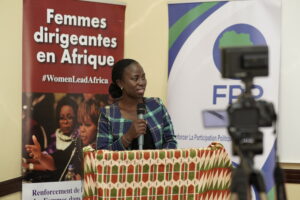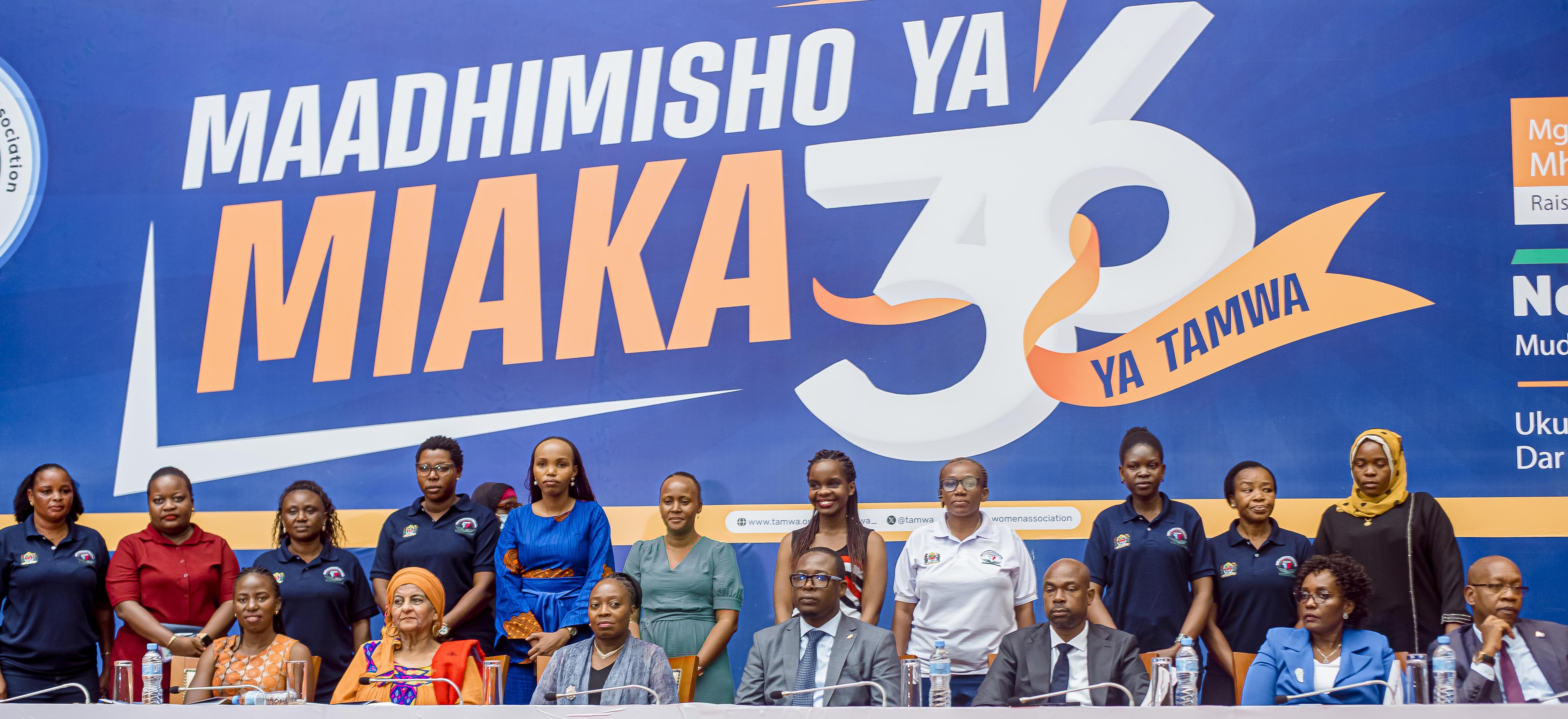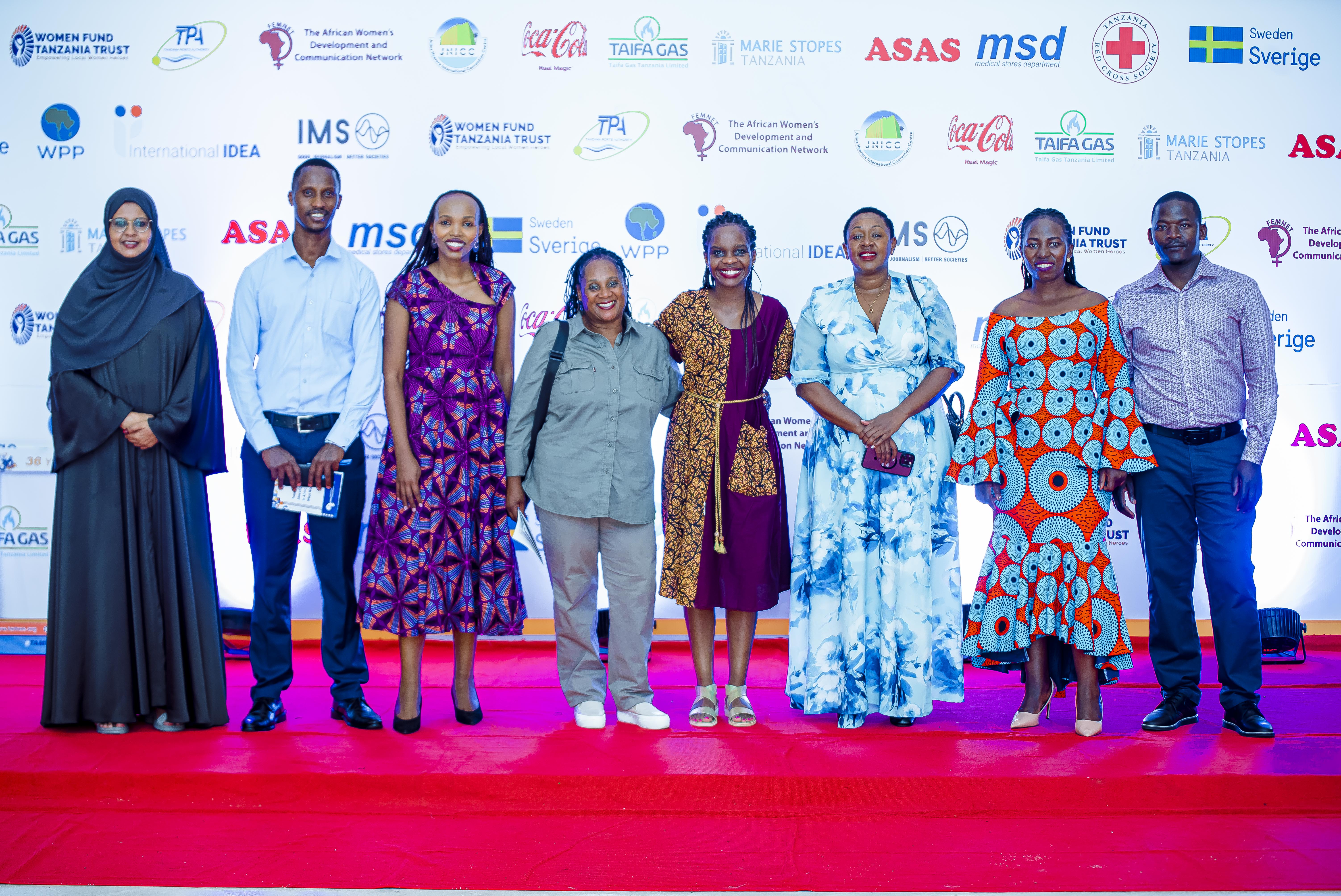
Feminist in DRC Speak Up in the wake of upcoming presidential election
The Democratic Republic of Congo is only 6 months shy from the next elections and unspoken tension seems to be mainstreamed by the international and local media in equal measure. Yet underneath the loud patriarchal frenzy of politicized news are voices of Congolese women. These voices earnestly call for the implementation of Article 13 of the DRC electoral law enacted by the CENI (National Independent Electoral Commission). The law recognizes the importance of instituting a 50/50 gender- political representation.
Speaking during the transformative forum held in Kinshasa, DRC, Mrs. Bibyshe Mundjo Takubusoga, the Executive Secretary of Actions pour la Réinsertion sociale de la Femme (ARSF) and FEMNET’s representative of Central Africa said, “In order for DRC to sustain development and prosper women must be engaged in the political processes.”
“Since independence, Congolese women have been marginalised and excluded from the democratic process. It’s time for us to engage and explore the possibilities of participating in political spaces,” reiterated Takubusoga

With the same tone, Ms. Catherine Odimba from UN Women in Democratic Republic of Congo said, “Women need to continuously support other women by participating in the political process!”
Ms Odimba highlighted that, “If we truly want women to lead then we must at least endeavour to vote for them, and encourage non-governmental organizations to enhance their capacity”
Notably, the law in DRC limits the presidential political tenure to two terms. This ideally should allow women to cast their eyes on the presidential seat, however, exclusionary practices limit this kind of vision.
Dorothy Otieno, FEMNET’s Women in Political Participation Coordinator said “We want the see and feel the presence of the Congolese women in the upcoming elections.”
“Women engagement in politics is a political right. A right that should never be tokenized because women are not just mere statistics but influencers and opinion shapers who can transform the leadership and governance of the Democratic Republic of Congo just like in the case of Tanzania,”

Ms. Otieno affirmed that, “Article 14 of the Maputo Protocol gives women the right to political participation and decision-making process. Taking into account that DRC signed and ratified the Maputo Protocol in 2008, women have every right to be in the political space,”
Annie Modi from Afia Mama in DRC also underscored that Congolese women need to strategize and engage with the local, national and regional organizations. Modi insisted that this is the only way women’s concerns will remain relevant in DRC’s political arena.
Modi also stated that “Women need to continue raising awareness on how to engage in political transformation processes and advocate for the implementation of gender responsive policies,”
“We need to strategize and proactively engage in the electoral processes as key stakeholders so that we are not left behind simply because we are women,” lauded Modi
As Africa and the world beyond awaits for the Independent National Electoral Commission (CENI), to fulfil its mandate. The sunset of 2023, will either be a new horizon for Congolese women if they are determined to make their voices heard in their political space.
FEMNET will endeavour to influence, transform and positively impact Congolese women so that they engage as change makers. FEMNET also believes that inclusive and accountable democratic institutions and processes need to give way for gender equality.
This article was written and compiled by Imali Ngusale, i.ngusale@femnet.or.ke for more information on FEMNET’s interventions on Women in Political Participation contact Dorothy Otieno via d.otieno@femnet.or.ke
Related Tags
Related Posts
Celebrating 36 years of Advancing the Feminism through Media
Thirty-Six years ago, thirteen audacious pan- African feminists came together to speak truth to power. Their unabated voices
Learn MoreAfrica Rising: When Women Lead, the Continent Soars
Beneath the vibrant skies of Tanzania, a profound message reverberated during a gathering orchestrated by TAMWA (Tanzania Media
Learn More







